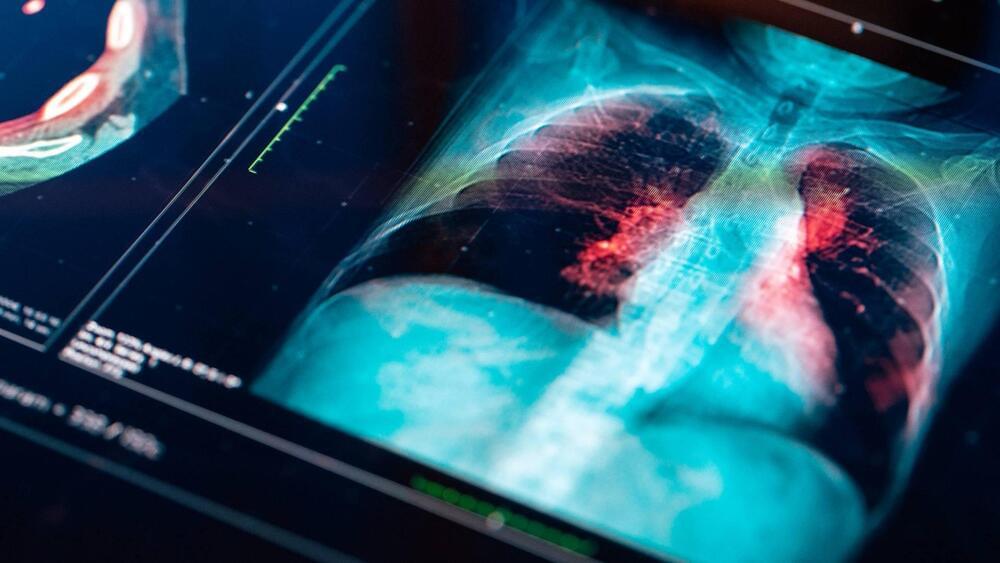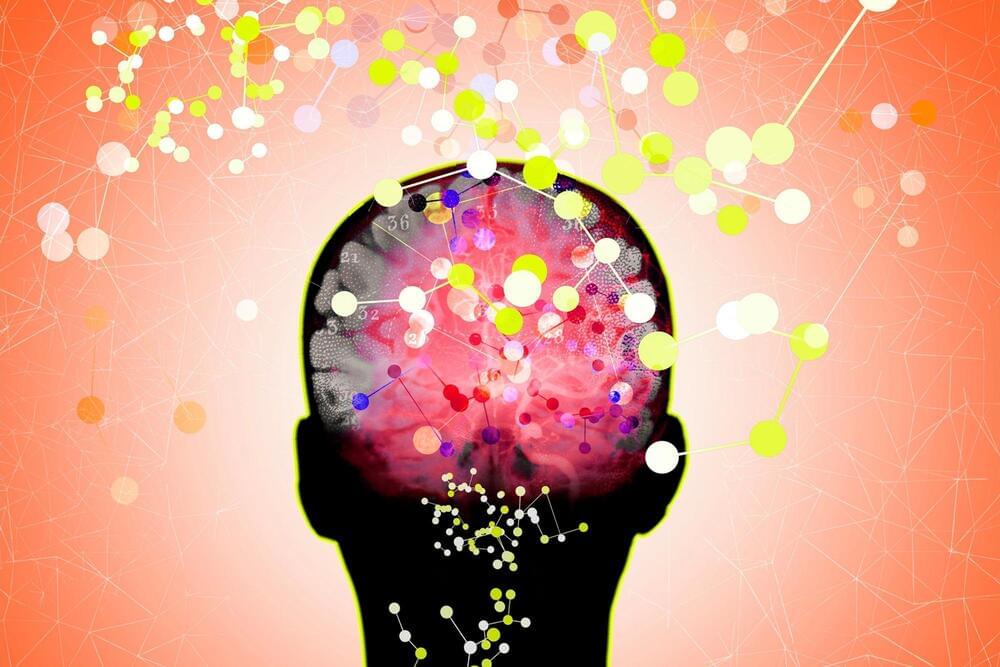Spiraling costs, closed facilities, capacity issues, staff burnout, staff shortages, lots of chaos — sounds like an ailing industry — and that industry is healthcare. Can artificial intelligence help mend some of the problems faced by hospitals and healthcare providers? There has been progress on that front — not fast enough, but progress nonetheless.
While interest in healthcare AI is high, “the level of acculturation of C-level executives is lagging, especially for organizations that would need it the most — pharmas, medtechs and hospitals,” a recent Capgemini report relates. The problem, the study’s authors relate, is data. “Enhancing the patient care pathway and improving care delivery remain on the top of the organizations’ agendas,” according to the report’s team of coauthors, led by Charlotte Pierron-Perlès. However, only about a third of healthcare organizations surveyed by Capgemini prioritize the availability of patient information. “We do not see major progress from 2021 [the year of the previous study].”
The good news is that many healthcare providers are stepping up their AI work. “The healthcare industry is now starting to implement AI and machine learning solutions at increased scale and sophistication,” says Tony Ambrozie, CIO at Baptist Health South Florida. “AI and machine learning will augment their ability to make sense of the vast amounts of data available.”







